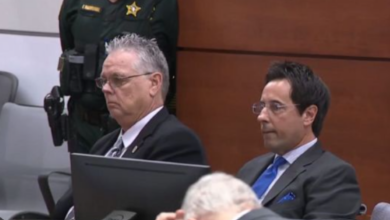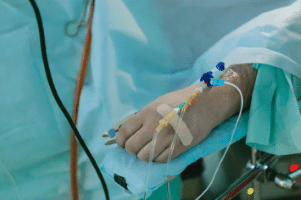OAS Trains Judges, Prosecutors, Attorneys, Treatment Providers, and Police Officers on Drug Treatment Courts in the Caribbean
MONTEGO BAY, Jamaica – More than 70 professionals including judges, prosecutors, defense attorneys, treatment providers, probation and police officers from Jamaica, Suriname, and Trinidad and Tobago received the basic tools to develop Drug Treatment Courts during a four-day workshop in Montego Bay, Jamaica, as part of a project developed by the Organization of the American States (OAS), through the Inter-American Drug Abuse Control Commission (CICAD).
The new Drug Treatment Court in the Caribbean initiative provides a second chance for drug dependent offenders to help reduce crime, prison population, and relapse in drug abuse.
At the opening ceremony of the workshop held in Montego Bay, Jamaica, CICAD’s Executive Secretary, James F. Mack, expressed his belief that “policies that help prevent crime, violence and drugs are just as vital to community well-being as law enforcement actions.”
The OAS official also referred to the idea that “courts and the law can be more than instruments of deterrence, incapacitation or retribution. We are embracing the idea that the law and the courts can help improve the lives of offenders – and thereby society – and not simply punish.”
Ambassador Mack further explained that “while Drug Treatment Courts are not the magic bullet that would help all drug-dependent offenders, they offer a way out of the cycle of drugs and crime and is a potent means of addressing drug addiction and crime within the global community.”
In cooperation with other organizations and institutions, such as the CARICOM Secretariat, the International Association of Drug Treatment Courts (IADTC), the Canadian Association of Drug Treatment Court Professionals (CADTC), and key Caribbean stakeholders, the OAS has outlined a road map for those Caribbean countries interested in joining the initiative that relies on the financial support of the Government of Canada.
Through this initiative, the OAS will continue supporting the implementation of these courts in the upcoming months, through additional training, technical assistance, and the promotion of horizontal cooperation.


